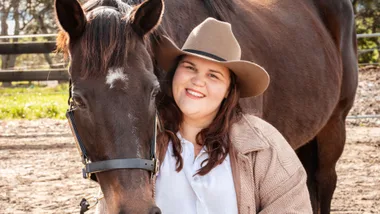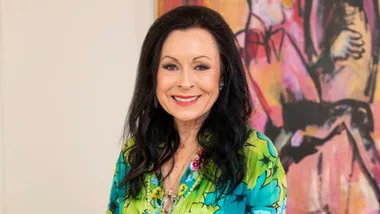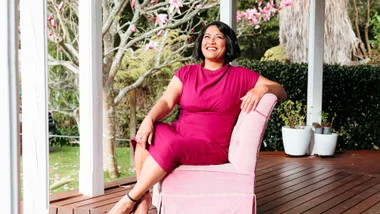Monique Croon (Ngāti Mutunga) has served two terms as Mayor of Chatham Islands and has been a councillor since 2004. A sixth-generation Chatham Islander, Monique is also a horse trainer, a keen sportswoman and until 2023, she owned and operated the island’s hardware store and petrol station. Monique is a trustee of Ngāti Mutunga o Wharekauri Iwi and has been chair since 2024.

We lived in Auckland when I was little.
Mum worked nights as a waitress and Dad worked at the Tip Top factory. We had an ordinary suburban childhood, though we sometimes went to Dad’s work, where we could eat as much ice cream as we wanted.
My grandmother on Mum’s side was Ngāti Mutunga.
She was born on the Chathams and lived on Wharekauri or Rēkohu – as the main island has three names – until she was 16. She moved to Auckland aged 30 and when I was about eight, my grandmother and my mum went back for a visit. That’s when Mum decided we should move here to have an adventure – even though our grandmother was sad we were leaving.

Mum and Dad bought a Kombi van, which we drove to Lyttleton, then we flew over on an old Bristol freighter from Christchurch, which took about five hours.
The plane landed on a grass airstrip, then we took a bus to Waitangi and the Kombi came by sea. I was nine.
It was meant to be for a year, but after six months, Dad’s council job ended, and he was offered the chance to run the crayfish factory on Pitt Island.
A fishing boat was part of the deal. We shifted to Pitt, which is even more remote. We were reliant on the cargo ship that came every six months and fishing boats brought supplies in between. From a child’s perspective, Pitt was fantastic. We rode horses and our house was on a cliff looking back across Pitt Strait towards Chatham Island. The sea could captivate you completely if you watched it all day.
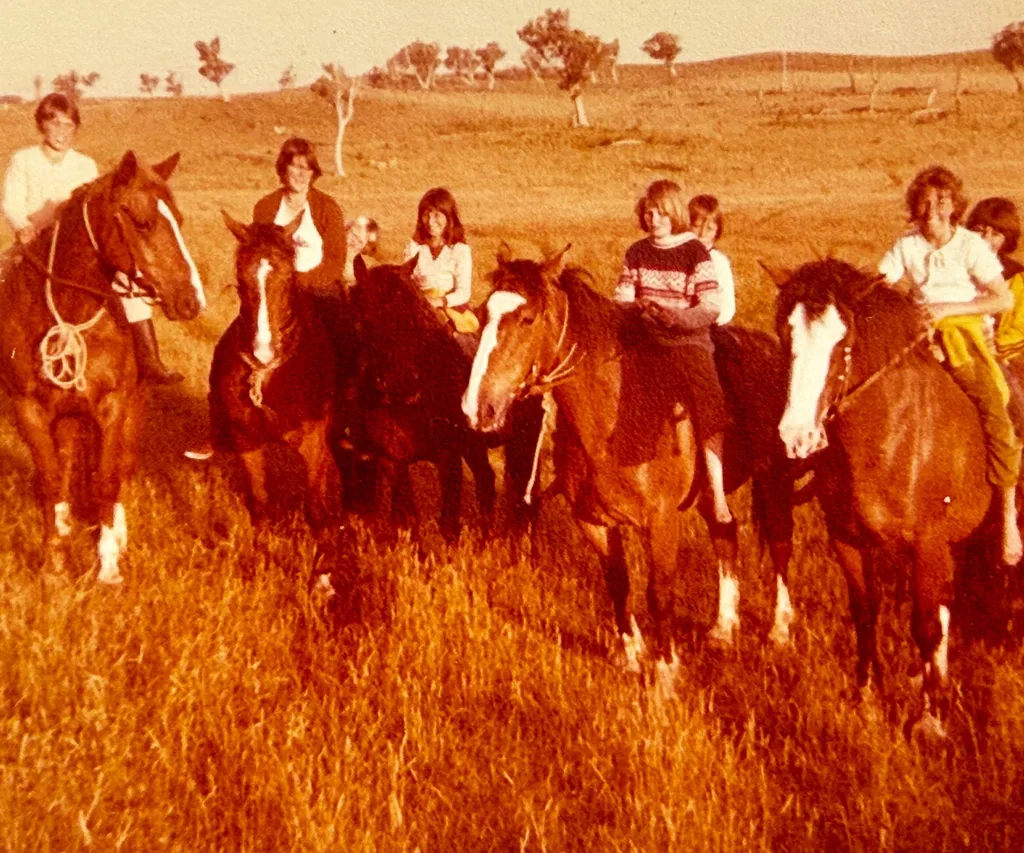
The school on Pitt was tiny, with just one teacher and about 15 kids.
Our teacher used to sit at his desk rolling cigarettes, then he’d send us off for runs. We were always training for cross country, but I realise now he just wanted to smoke, and have some peace and quiet.
When I went to boarding school in Auckland, part of me was excited to be grown-up and to get new clothes.
But when I saw the brick walls of Epsom Girls’ Grammar, I didn’t want to be there and I was terribly homesick. It was also traumatic because my grandmother died in May the year I started and Dad’s parents shifted to Australia. I really struggled those first couple of years and I was very glad when my sisters came to school.
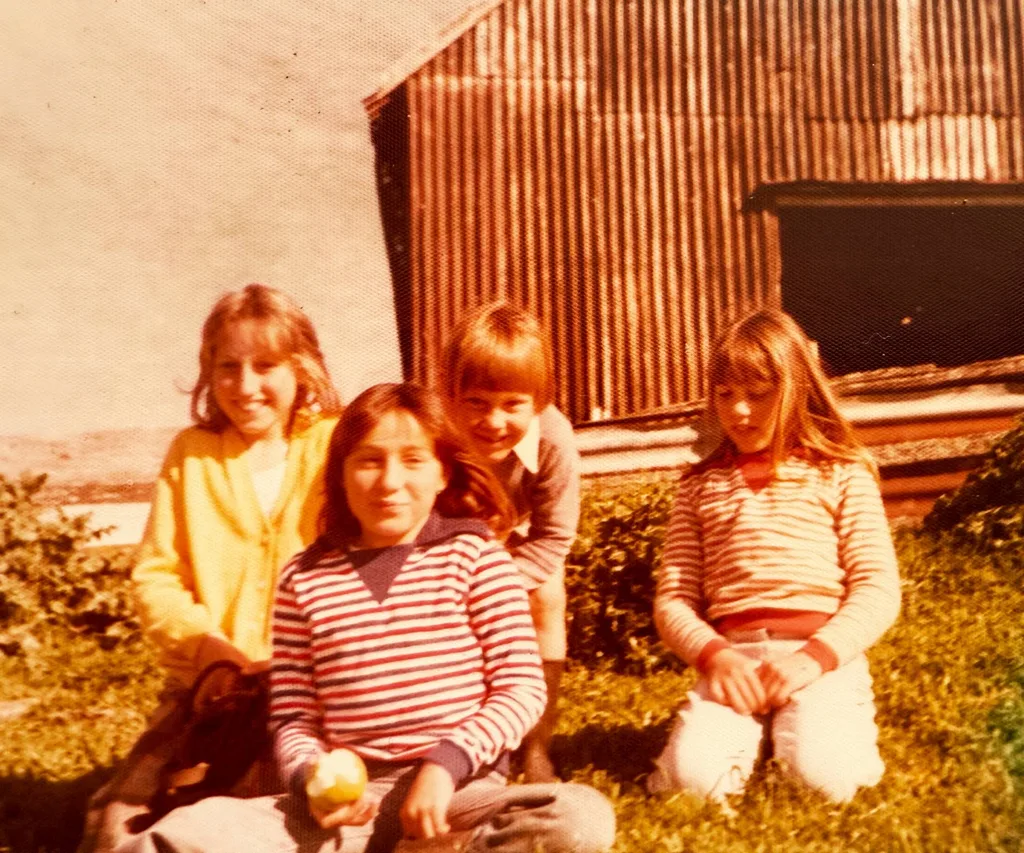
After school, I started a Bachelor of Arts at the University of Auckland, but I was still homesick for this raw and rugged place, so after the first year, I did a season as a deckhand on Dad’s fishing boat.
It’s a very physical job, but I made good money. Even though some people said girls shouldn’t work on boats, I ended up doing four seasons.
Dad’s boat was old and small with a few leaks, and in my last season, the motor broke down out at sea.
The bilge pump wasn’t working and the boat started sinking. Dad and I were thinking, ‘What do we do now?’ We were so lucky when another boat came past and saved us, as it was really rough. As you can imagine, my mum had a few words to say!
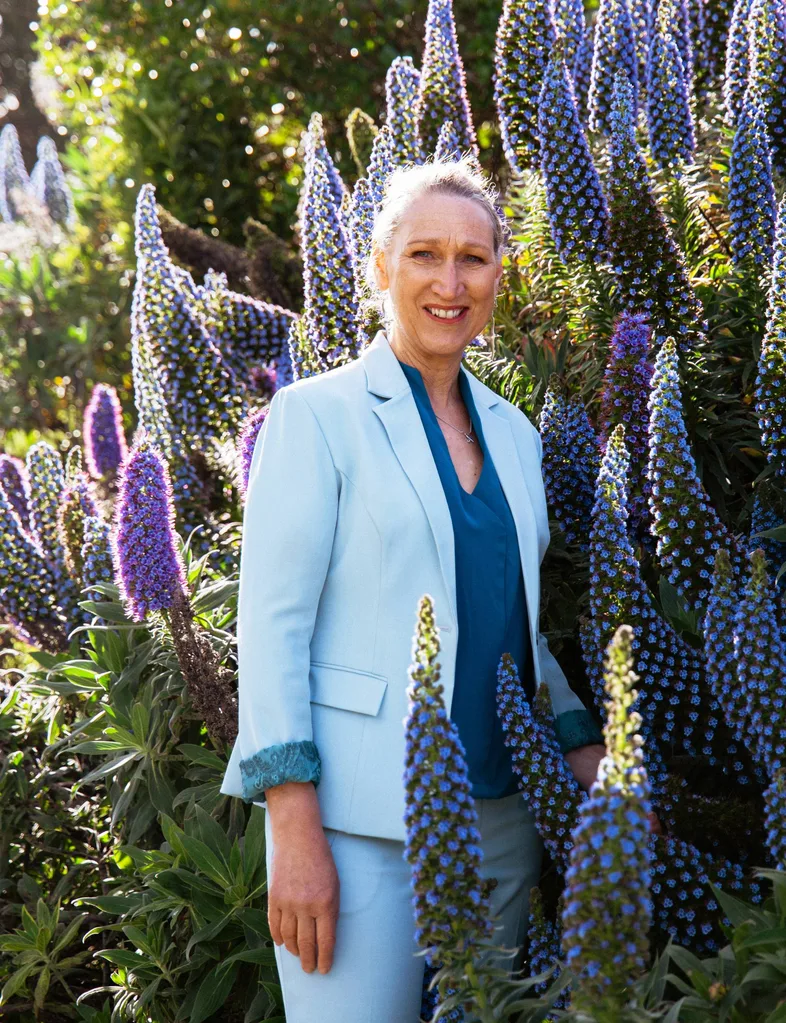
When I was 22, I fell in love with a shepherd. The relationship didn’t last, but I got a couple of dogs so I could be a shepherd.
I started on Pitt, then went to the main Chathams, but I couldn’t find work as farming was also pretty sexist back then. When an older farmer on Pitt said shepherding wasn’t a woman’s job, that only made me more determined and I returned to New Zealand, first to Waiheke Island, then to Ponui before moving to Port Waikato.
My ultimate goal was to buy a farm, but shepherd wages weren’t great, so in my late twenties, I returned to the Chathams for a holiday, where I met the man who became my husband.
My sister Toni already ran the Hotel Chatham and Simone, my other sister, had the Waitangi Store and a little garage. But there was no hardware store, so my father and I opened one about the same time I had my first son. People called it Mitre Nine and I ran it for 27 years. We stocked a bit of everything, so ordering was a challenge, but the business ticked along.
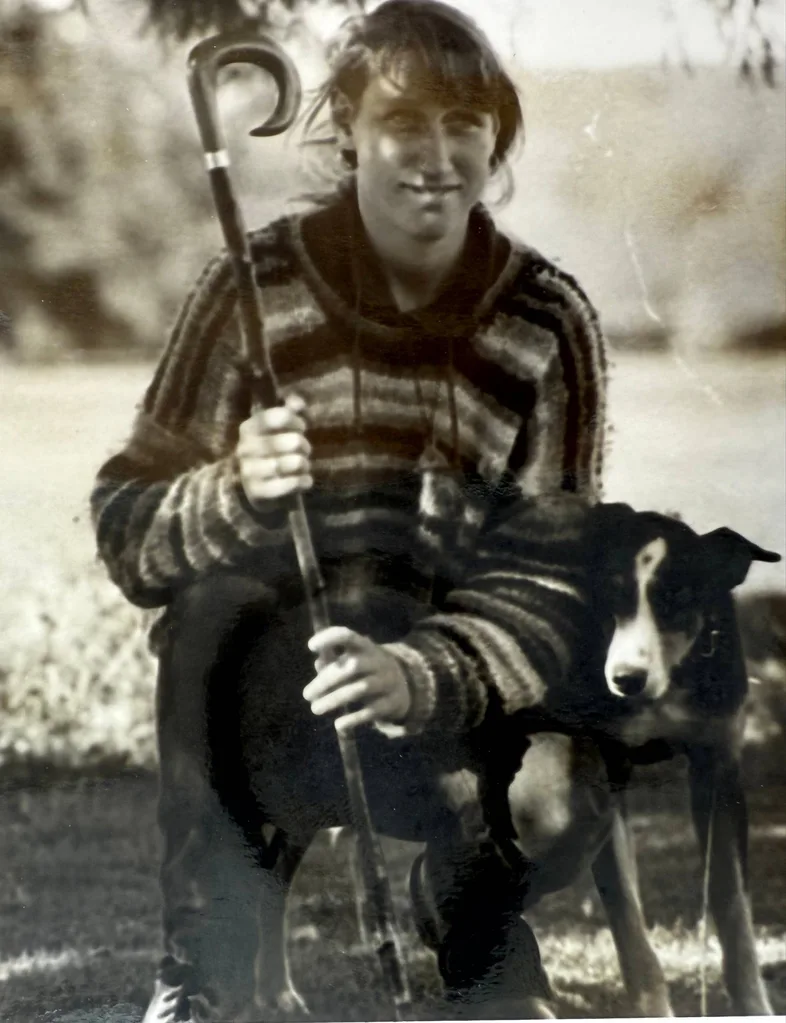
When I helped organise the millennium celebrations, there was a couple who wanted to be the first to marry in the new century because we’re 45 minutes ahead of New Zealand.
I told my boys’ dad and he said, ‘Bugger that, we should do it,’ so we were the first to be married. But the celebration site was really isolated and all these international film crews were coming, so we had to develop the track and set everything up. On the actual night, about 300 people sat on the hillside with candles and a brazier. There was kapa haka and waiata, and as soon as midnight hit, Reverend Riwai married us in an 80-second ceremony. Dad organised a carton of bubbles, but port was sent by mistake and everyone got quite merry.
I started training horses about 12 years ago. That first year, I trained two pacers and I’ve been doing it ever since because I love it.
We train on the beach or in the paddock with a jogger attached to my truck. We have three race days per year and I’ve won a few, including the Chatham Island Cup, which is the prestige event with about 10 trainers and 35 horses running every year. We’re the second-oldest registered jockey club in the country and we celebrated 150 years of racing last year.
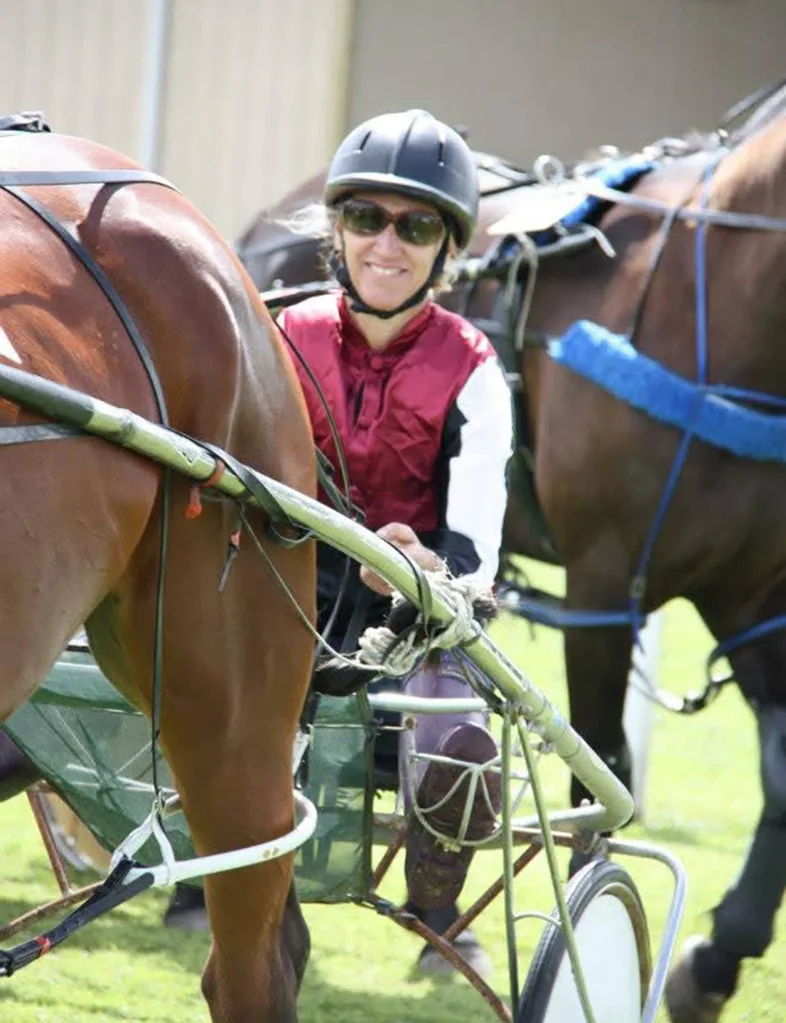
I entered local body politics when our youngest was five. Even though I was busy, I love a challenge, so I stood for council in 2004.
I’ve been a councillor ever since and in 2019, I stood for mayor when the previous one retired. But the mayor here doesn’t wear chains. I’m not sure there’s ever been a set, although I did hear a rumour that a former mayor gave them away. We’re not that traditional here.
Local politics has taught me a lot about diplomacy.
That there’s always a solution and it’s really important never to burn bridges, as I still have to play netball and touch with people, and socialise at the pub. So you have to argue the issue rather than with the person. There’ll always be conflicts of interest as most of us are related and most of us wear multiple hats, which is why you don’t campaign when you run for mayor here or put up billboards as people would get suspicious.
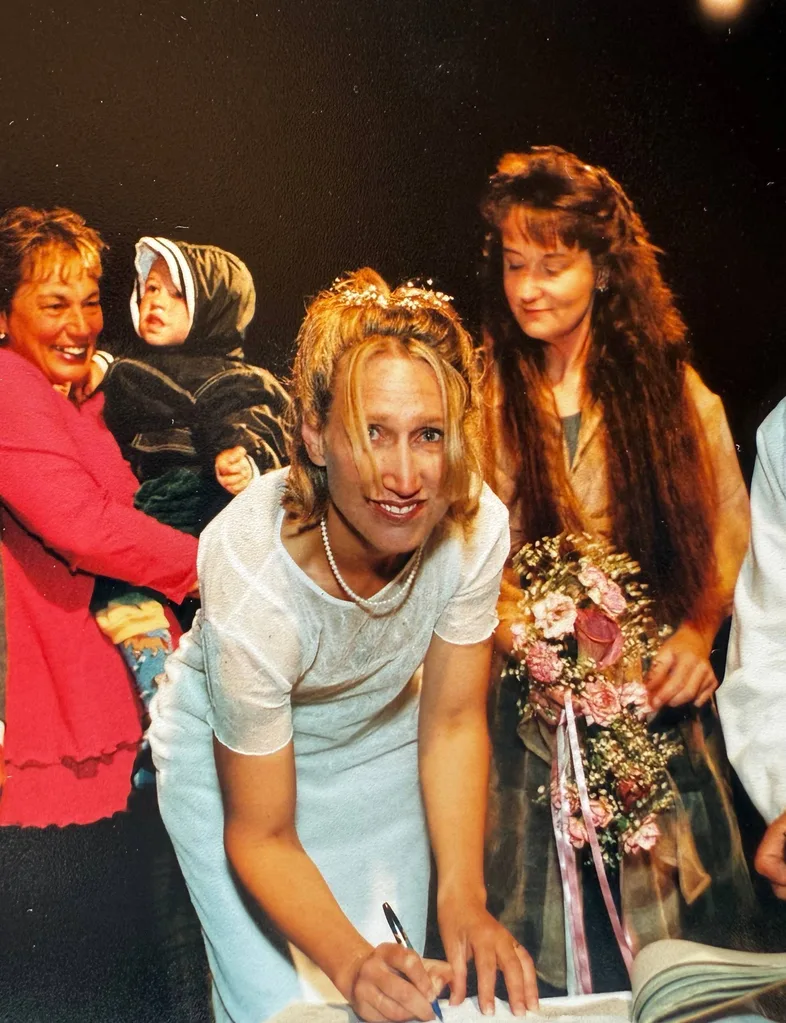
It’s actually more important to ensure people vote and to be engaged in creating a better future for our people.
This year, 300 people voted or 60 percent. Unfortunately, I did not get re-elected, but I wish the new mayor all the best because the challenge here is funding critical infrastructure from such a small population. We also need to grow the economy and protect our way of life. Nothing is easy when you live in the middle of nowhere, 800km from the nearest land.
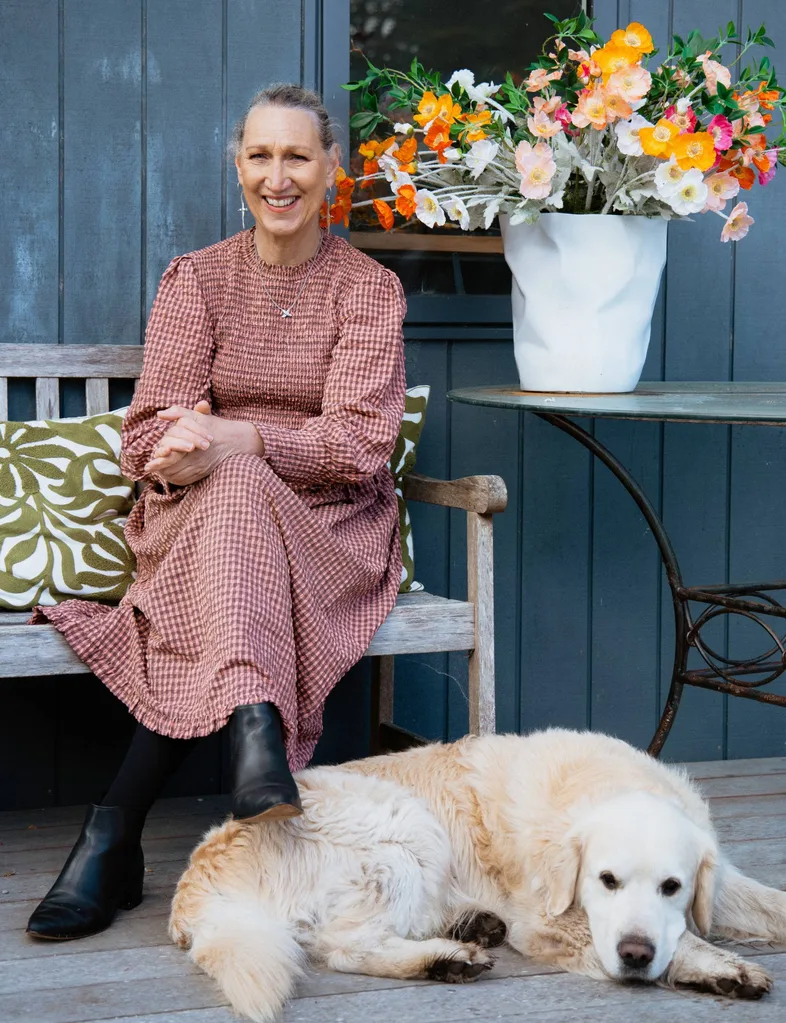
I’m sixth-generation Ngāti Mutunga o Wharekauri Iwi and we have a strong matriarchal line.
That’s what brought us here and that’s what makes being here so special. Back in the 1950s, my grandmother was fluent in te reo Māori, but she never spoke it with us and she never talked about her life. But I know things were hard for her. She raised us on her own when there was no DPB, often facing shame for being Māori. But today, we’re proud of who we are and how we live. It’s a difficult history, but Māori also suffered. Life was not easy with the impacts of disease, poverty and colonisation, which is why today we are building a place for people to come home to if they want.”
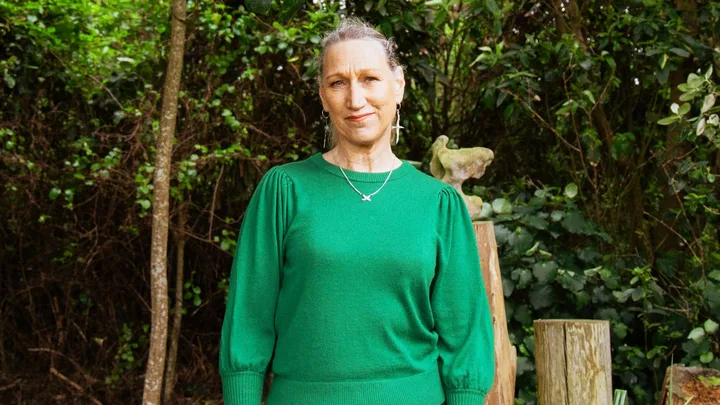 Photography: Ashleigh Ryan.
Photography: Ashleigh Ryan.
